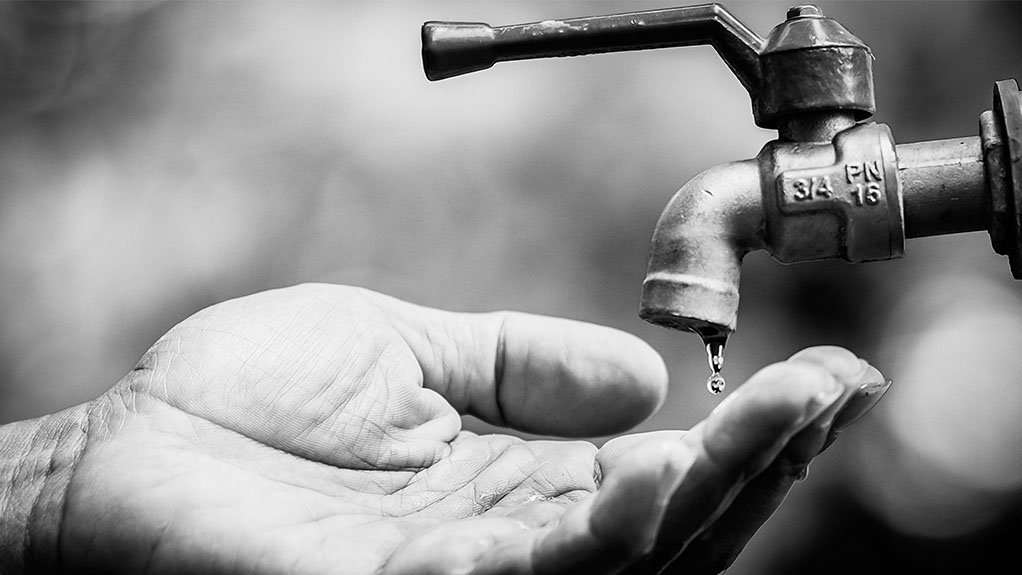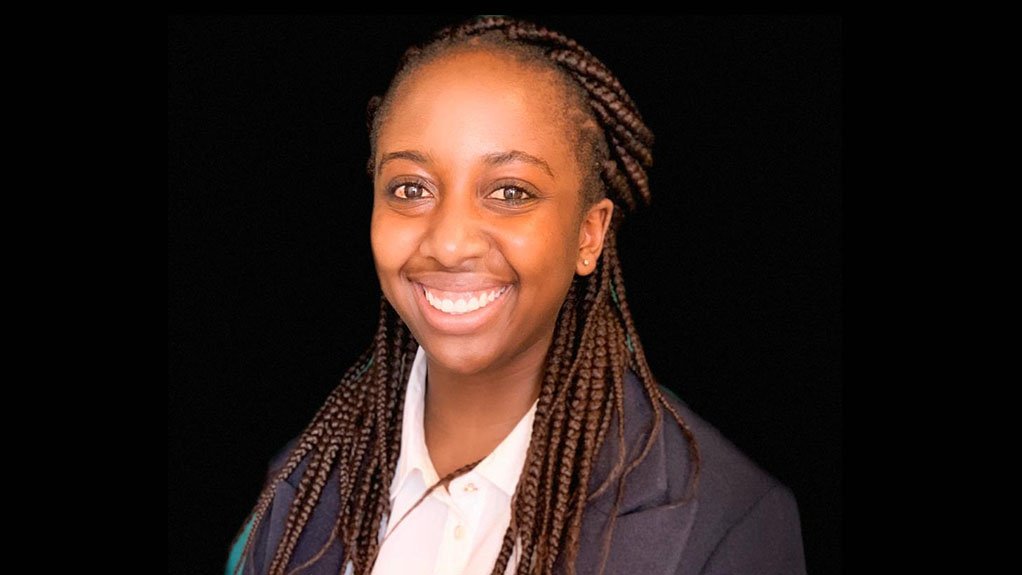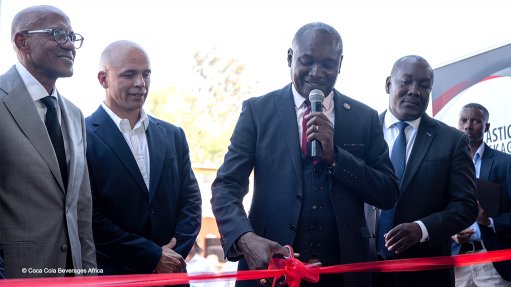Urbanisation placing pressure on water infrastructure



HARSH REALITY The fact that millions of Africans do not have access to water even in urban area's should be of great concern
YAA NGONYAMA By 2030, more than 350-million Africans will be living in cities, yet cities are already running dry
Africa’s already limited water infrastructure will likely face increased strain as multiple countries experience rapid urbanisation, says market research company Frost & Sullivan Africa consultant Yaa Ngonyama.
She stresses that, by 2030, more than 350-million Africans will be living in cities, yet cities are already running dry, with the liveability of major cities compromised as bulk water supply runs short.
According to the Department of Water and Sanitation (DWS), an estimated 45.2% of households in South Africa had access to piped water in their dwellings in 2021.
A further 29.4% accessed water on site while 12.2% relied on communal taps and 1.9% relied on neighbours’ taps.
The DWS also states that, although urban households’ access to water has reportedly improved over the last two decades, 2.7% of households still had to fetch water from rivers, streams, stagnant water pools, dams, wells and springs in 2021.
Ngonyama says, in 2020, global financier the World Bank reported that over 300-million Africans do not have access to clean drinking water, over 700-million live without good sanitation, and more than 800-million lack or have limited access to basic hygiene services.
“Water insecurity is a major developmental challenge in Africa, exacerbated by the climate emergency and the lack of infrastructure development,” she says.
For Africa to achieve its Sustainable Development Goals (SDGs) for water and sanitation, it will require improved operations and maintenance, efficient management of water resources, strengthened policy and regulatory frameworks and, most importantly, consistent investment into water infrastructure.
The SDGs for water and sanitation for 2030 call for universal access to safe and affordable drinking water, and equitable sanitation and hygiene.
“As governments play an integral role in repositioning the region’s water security and sanitation, cross-sectoral political leadership capacity at the highest level of governance should be created with a commitment to increase budgetary allocations for water and sanitation activities,” she says.
Further, government funding remains the chief and most important source of funding for these projects and, therefore should be centred around efficient sector management.
Consequently, governments will need to establish national investment programmes, which mobilise domestic resources and create predictable and transparent revenue, backed by strong and credible institutions.
“By leveraging private and partner financing, governments can further attract private sector capital where opportunities exist to bridge the accessibility gap,” she suggests.
With a renewed commitment to water and sanitation, the outlook for infrastructure investment in this sector is positive, with an increase in large-scale private investment expected over the next two years.
Ultimately, development partners, donors and the private sector have a unique opportunity to provide technical and long-term financial commitments through public-private partnerships and innovative co-financing mechanisms that support sustainable water and sanitation investments.
“By working together to transform the investment outlook and improve water and sanitation throughout the continent, there is an opportunity to ensure a peaceful, prosperous, stronger, and equitable Africa, now and in the future,” Ngonyama concludes.
Comments
Press Office
Announcements
What's On
Subscribe to improve your user experience...
Option 1 (equivalent of R125 a month):
Receive a weekly copy of Creamer Media's Engineering News & Mining Weekly magazine
(print copy for those in South Africa and e-magazine for those outside of South Africa)
Receive daily email newsletters
Access to full search results
Access archive of magazine back copies
Access to Projects in Progress
Access to ONE Research Report of your choice in PDF format
Option 2 (equivalent of R375 a month):
All benefits from Option 1
PLUS
Access to Creamer Media's Research Channel Africa for ALL Research Reports, in PDF format, on various industrial and mining sectors
including Electricity; Water; Energy Transition; Hydrogen; Roads, Rail and Ports; Coal; Gold; Platinum; Battery Metals; etc.
Already a subscriber?
Forgotten your password?
Receive weekly copy of Creamer Media's Engineering News & Mining Weekly magazine (print copy for those in South Africa and e-magazine for those outside of South Africa)
➕
Recieve daily email newsletters
➕
Access to full search results
➕
Access archive of magazine back copies
➕
Access to Projects in Progress
➕
Access to ONE Research Report of your choice in PDF format
RESEARCH CHANNEL AFRICA
R4500 (equivalent of R375 a month)
SUBSCRIBEAll benefits from Option 1
➕
Access to Creamer Media's Research Channel Africa for ALL Research Reports on various industrial and mining sectors, in PDF format, including on:
Electricity
➕
Water
➕
Energy Transition
➕
Hydrogen
➕
Roads, Rail and Ports
➕
Coal
➕
Gold
➕
Platinum
➕
Battery Metals
➕
etc.
Receive all benefits from Option 1 or Option 2 delivered to numerous people at your company
➕
Multiple User names and Passwords for simultaneous log-ins
➕
Intranet integration access to all in your organisation



















